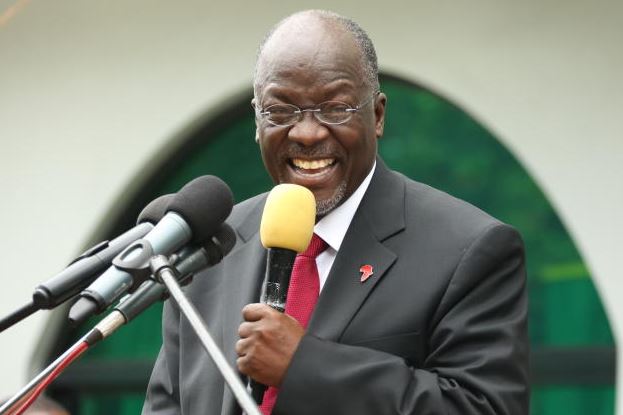×
The Standard e-Paper
Smart Minds Choose Us

Tanzania President John Pombe Magufuli of Chama Cha Mapinduzi (CCM). [Pius Cheruiyot, Standard]
The story of Dr John Pombe Magufuli begins on the shores of Lake Victoria where he strutted his small frame and signed up to his destiny as one of Africa’s most controversial leaders.